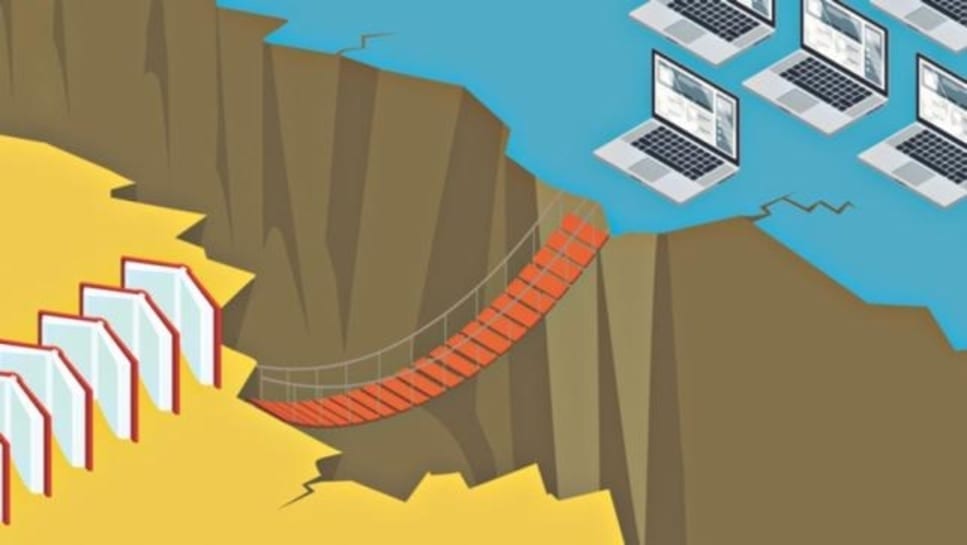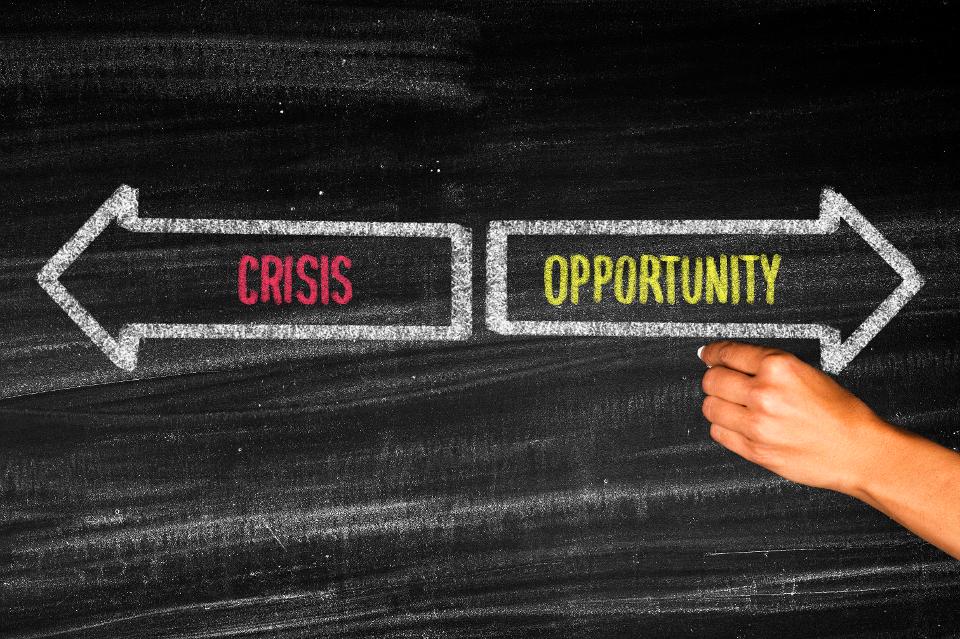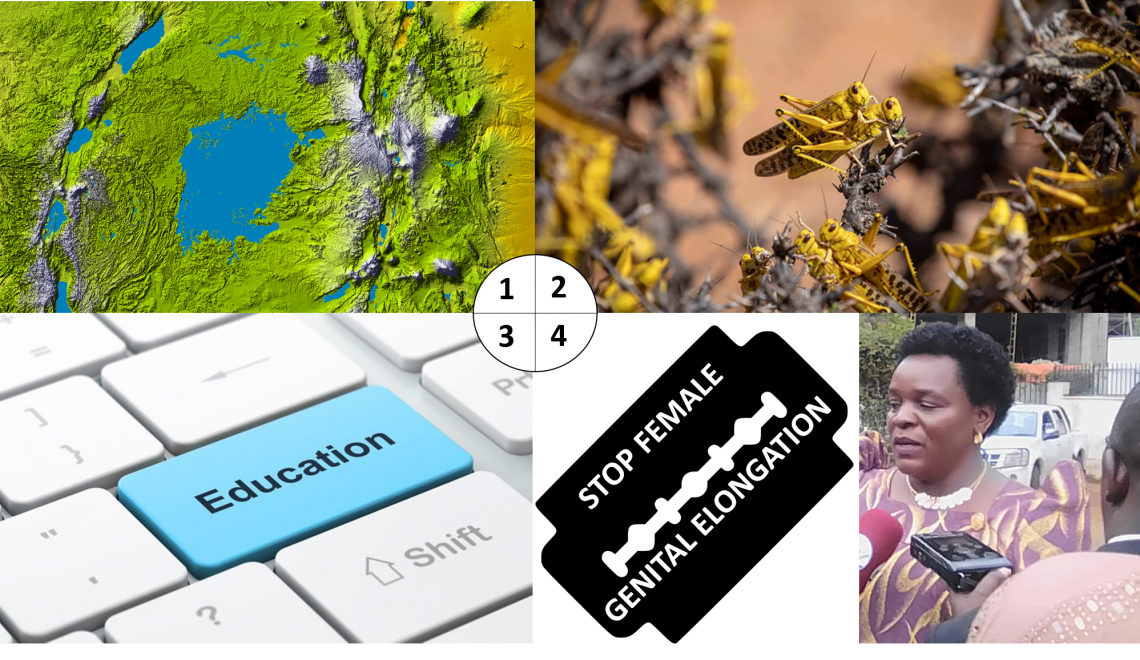
Whenever I am asked what I do for a living, I tell people I am a teacher. What follows is lots of eye rolling and disbelief. But yes I am a teacher and I have been one for a long time. But I am not your ordinary teacher so I guess I will be able to get through this trying period without reinventing myself. But spare a thought for Harriet Agasiru, a teacher in a private primary school who has been out of work for over six months and with no pay. There are many Harriet Agasirus out there, and they are on their last financial legs.
Harriet’s plight caught my eye through social medial. There is a clip of her doing the rounds, filmed by the British Broadcasting Corporation (BBC), in which she narrates her hard life after the pandemic struck. In the clip she can be seen roasting maize by the roadside. She has already gone through all her savings before she came to town to start street hawking. The environment in which she now lives is hostile as because of the city byelaws and the inclement weather.
As the clip ends, you cannot fail to feel her despondency. Her situation is also the situation of many workers in the social services sector who are not government employees. Their employers are down on their luck, but that means the Agasirus’, who are at the bottom of the food chain are in an even worse situation. They have dependents’ and by extension, their problem has been extended to those dependents. In this sense then the private social sector is really feeling the brunt of the pandemic.
The plight of this class of workers has sort of skipped us, as we have primarily been focusing on the possibility of providing online education for the kids. But then again there is the digital divide that has posed us real problems in finding an alternative to keeping the kids learning. (See “The digital divide: If education is not ‘essential’, let’s try ignorance” , Saturday Monitor, May 16 2020). We have not been able to resolve the issue of the education of the multitude of our children, most of whom come from poor families. Missing out on their education this year has many implications. First is that many will not be going back to school ever, having become child labourers or parents themselves. Second, the schools to which we would expect them to go back may be non-existent by the time we are able to get on top of the pandemic. But third and perhaps more worrying, the Agasirus’ of this world will have unlearnt the art and discipline of being teachers. We have already seen many of her colleagues working as carpenters, farmers and the like – which may, in the long run, probably pay more.
According to the World Bank, this global shock to all education systems is being followed by a deep recession. Without remedial action, when students start returning to school, it is estimated that there will be a loss of over US$10 trillion in earnings over time for this generation of students as they lose out on the opportunity to complete their education, and therefore achieve their potential. In addition, most countries will be driven off-track to achieving their Learning Poverty goals.
There are many challenges that lie ahead, but one that should concern us most is the fact that if it becomes obvious that teaching is unfashionable, who will be will the teachers of tomorrow? Already, those who become teachers do so on account of having failed to join the other more venerated professions. In addition, the pay for teachers is notoriously low. Small wonder then, that when I claim to belong to one of the most noble professions, friends roll their eyes. Perhaps it is time to plan for who will teach the kids tomorrow. Agasiru probably won’t be teaching again.
Samuel Sejjaaka is Country Team Leader at Mat Abacus Business School. Twitter @samuelsejjaaka



